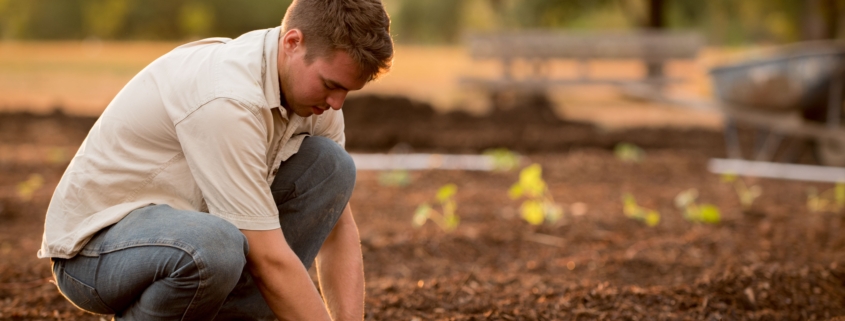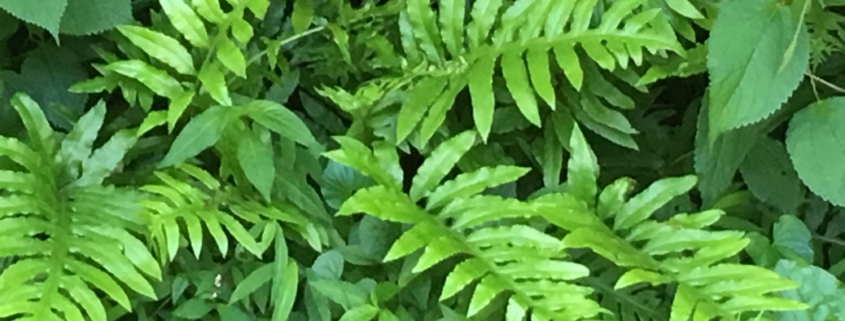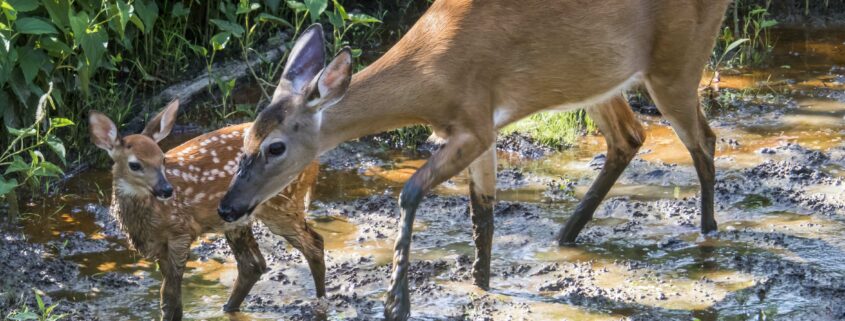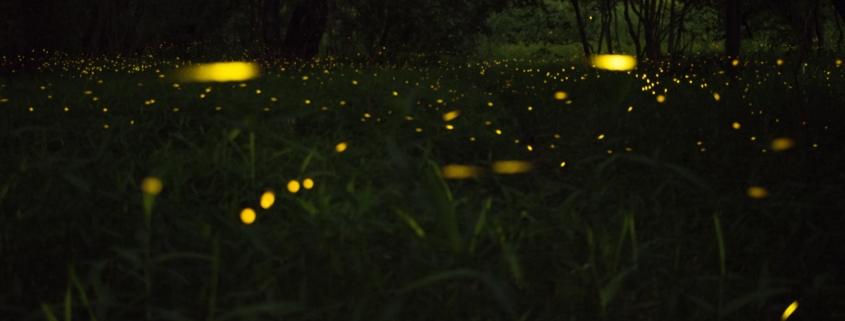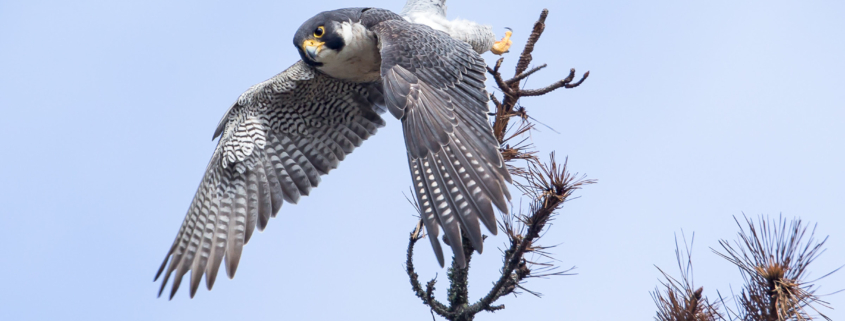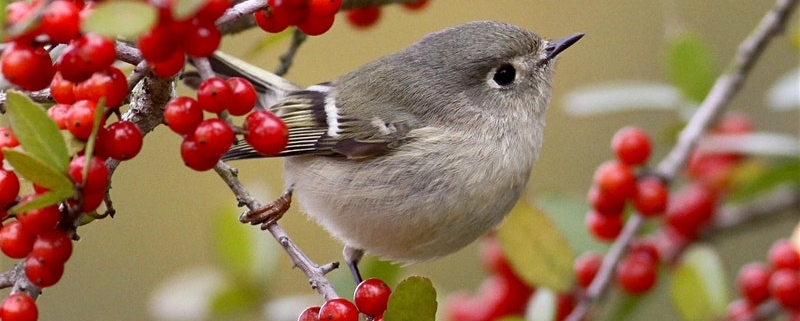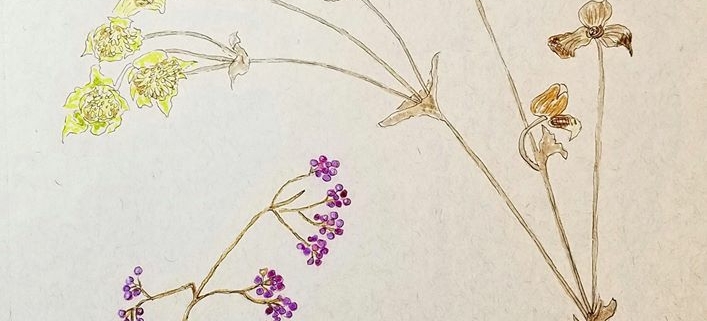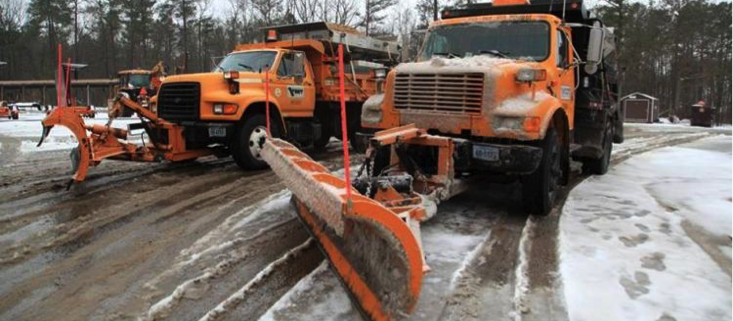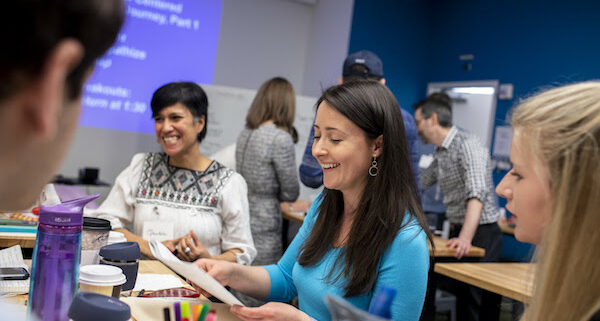Marilyn Kupetz
During a two-day workshop at Rare’s Center for Behavior & Environment in October 2019, one of the participants, a professor of restorative ecology, described an initiative that he’s launching at Longwood University: getting students, faculty, and staff to reduce the number of single-use plastics that they deposit into the waste stream in Farmville, Virginia.
He was credible and inspiring, and when I went home that day, I examined every bit of plastic that I inject, virtuously, into my recycling bin: sushi trays, shampoo containers, pill bottles, salad boxes, plastic utensils, yogurt packaging, dog treat wrappers, water bottles—I could go on for a while, but I’m sure you get it. I was surprised at the variety and appalled by the numbers.
I was also surprised to learn that manufacturers are not buying plastic right now because it costs more to wash and prepare recycled waste than to make new plastic. So the fact that we recycle doesn’t actually reduce the effects of the plastic we toss. It still ends up in landfills or the ocean. The path forward seems to require some combination of avoiding plastic all together—very hard; repurposing as much of what we do have to buy as possible; and thinking creatively about options that haven’t occurred to us yet, but could if we summon the collective will.
Because Rare teaches Behavior-Centered Design for the Environment twice a year and leads projects that practice it—all over the world, all the time—our facilitators asked us to workshop in real time how we ourselves might encourage just one organization to reduce the number of plastic products they consume and throw away during lunch each day.
Collectively, our ideas touched all of the levers of behavior-centered design:
- We suggested a material incentive: giving staff branded, reusable containers for lunch or takeout. Because they would cost the organization very little, and could be made of recycled plastic, the incentive might be valuable on several levels.
- We’d engage in positive storytelling, by, for example, posting signs reminding staff that although waste adds up, change is in their hands, literally.
- We’d leverage social influence, perhaps with a trash art installation inside the front door to remind ourselves of what waste really looks like, without any personal public shaming.
- We’d push information via fun infographic reminders to forego plastic and adopt reusable utensils and containers.
- We’d enable choice architecture by hosting a cache of reusable containers right near the cafeteria so that staff could borrow, wash, and return them if they forgot their own.
Doable, right? A question of will, not where-with-all.
I’m working out how to use what I learned—from the gifted teachers and the fabulous participants—in my own life and activities. I encourage those of you who want your efforts to preserve the natural world to have meaningful outcomes to participate in the next workshop, to be held online, December 2-3, 2020.
Free Resources
Behavior Change for Nature: A Behavioral Science Toolkit for Practitioners is a useful, short booklet for getting started, and perfect for those of you who learn best from the printed word.
Behavior Beat is Rare’s monthly newsletter full of stories and links to resources. Great resource for news and easily digestible stories of what works.
Lots of webinars and inspiring stories on the site itself.
And, of course, come talk with me, too, any time.
If you are a Fairfax Master Naturalist, the workshop easily fulfills your education requirement for the year.


